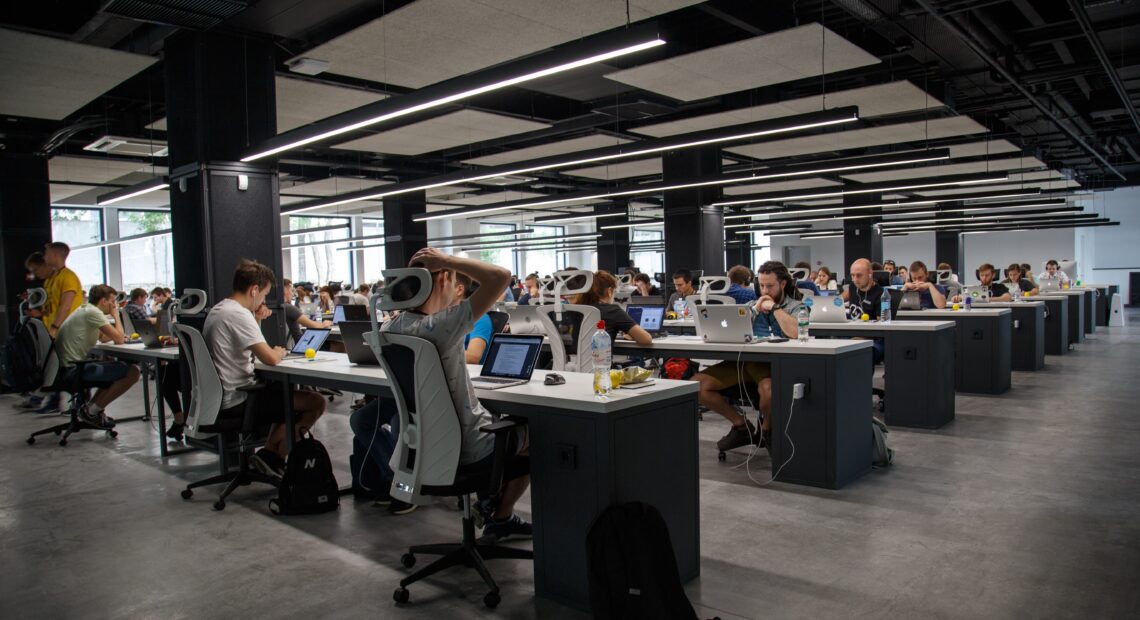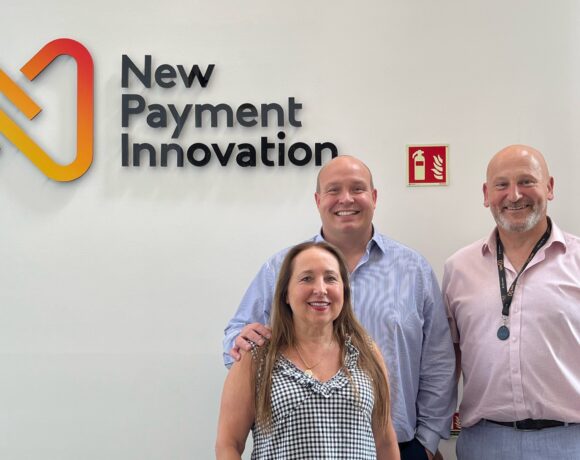There are plenty of new skills that will prove to be useful as the working world changes. Tech sectors such as data science and cybersecurity are becoming increasingly important and the demand for talent is high in these areas.
But there are certain skills that every employer will look for and these skills will span every industry: soft skills.
It is these innately human skills and abilities that will make the future workforce extremely valuable and what will set the top talent apart from everyone else.
Additionally, with the rise of automation and other tech innovations, job roles and specific technical skills will change and evolve all the time, but certain soft skills will remain stable in their importance.
This is not new information. During our last Future of Work Week on Siliconrepublic.com, we wanted to know what recruiters were looking for and many of the top answers centred around soft skills such as a growth mindset and self-confidence.
A year later, and another 12 months into a pandemic, the skills employers are looking for are even more human-centric.
Empathy and Adaptability
KPMG Ireland’s head of culture and change, Janis Heather, said empathetic or compassionate leadership are some of the most critical skills right now.
“People managers need to develop strong listening skills to able to really connect with their team members and understand where their pain points are,” she said.
“Agility is a commonly used phrase at the moment but it’s not to be underestimated – leaders and employees will need to embrace and adapt to the changing needs of the business, the market and the external environment as time evolves. At times this will take courage and an appetite to take intelligent risks.”
Heather also said a “coaching mindset” will also be necessary in the future of work. “Coaching can help employees set and achieve professional and personal goals, it can build resilience and it can empower people to deal with challenges more confidently. Ultimately, it will equip your workforce to deal with the unknown that lies ahead.”
Niamh Graham, SVP of human experience at Workhuman, also advocated for empathy as a key skill for the future.
“When empathy and belonging are present, every employee can be passionately engaged, empowered and united by common purpose,” she said.
“Everyone needs to feel a sense of belonging at their workplace, to feel included with their peers and managers, and to rally behind the purpose of the company and work they’re doing. When you weave empathy into everyday culture, people relate with their heads and hearts, and their minds open to new ways of working.”
The last year and a half has also shown the need for one skill in particular: adaptability. Mastercard’s Dublin tech hub lead, Sarah Cunningham, believes this is something that is essential at the moment.
“I believe that adaptability is like a muscle, and we can build our adaptability muscle through a combination of continuous education and taking on new challenges,” she said.
“However, employees need to feel supported and encouraged to step out of their comfort zone. That’s why it’s more important than ever that employers create a culture of psychological safety for their employees and also offer a wide range of learning and development opportunities at all career stages.”
Enduring Capabilities
Valarie Daunt, human capital lead at Deloitte Ireland, also believes human skills are more important than ever.
“Organisations and individuals need to embrace, nurture and cultivate enduring human capabilities to have a strategic advantage, while continuously addressing critical skills gaps,” she said.
“The enduring capabilities to focus on are observable human attributes that are demonstrated independent of context and can be developed through experience and practise, or cultivated and amplified over time.”
Daunt gave some examples including conceptual thinking, decisiveness, risk taking, experimenting and resilience.
“Opportunities need to be created to ensure individuals continuously learn ‘in the flow of work’ through coach and mentor relationships, internal communities, apprenticeships, formal deployments, digital reality, in addition to the usual ‘out of the flow of work’ learning opportunities such as informal stretch projects, milestone training and career planning,” she added.
Source: Silicon Republic
[sibwp_form id=2]













